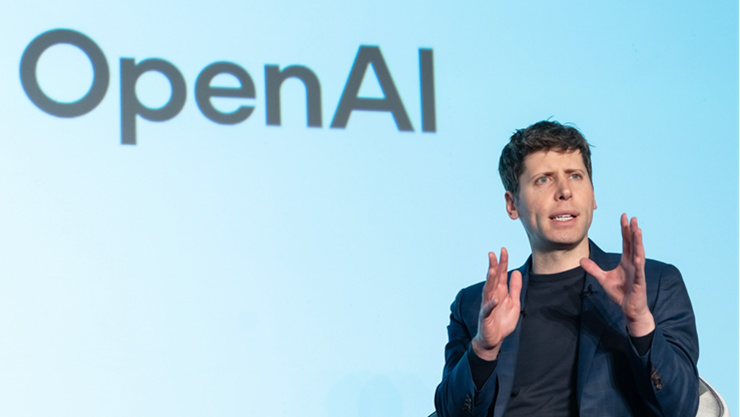OpenAI CEO Makes Surprising Claim About GPT-5 Model
In a surprise announcement, OpenAI CEO Sam Altman confirmed that the large language model (LLM) o3 will be replaced by GPT-5, a "simplified" and more technology-integrated version expected to launch in the coming months.

OpenAI CEO says the o3 model will be replaced by GPT-5.
The decision comes as OpenAI seeks to streamline its products and move away from the complexity of its current offerings toward 'magical unified intelligence.' According to Altman, GPT-5 will not be a single model, but rather a combination of technologies, including o3, speech, canvas, search, and deep learning.
Before GPT-5 launches, OpenAI will release GPT-4.5 (codenamed Orion) in the coming weeks, which will be the company's final 'non-chain model of mind'.
Altman emphasized that the goal of GPT-5 is to simplify the user experience while offering multi-level access based on a subscription plan. Free users will get 'standard intelligence settings,' while paid users will have access to higher levels of 'intelligence.'
The move is seen as OpenAI's response to fierce competition from DeepSeek, a Chinese startup whose R1 model has comparable performance to o3 but lower cost and power. The release of o3-mini as the base model for ChatGPT and now GPT-5 shows that OpenAI is determined to regain market share.